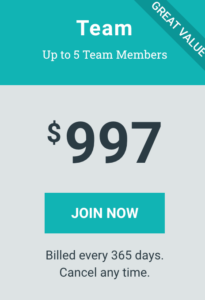
Top Subscription Stories of 2020
2020 has been a year unlike any other. It has been described as unprecedented, unbelievable, unmatched, surreal, chaotic, and heartbreaking. Many subscription companies were impacted – some like food delivery services thrived during the pandemic, providing needed goods and services to consumers, while others like newspapers and media companies were lucky if they survived at all. Here are a few top stories about or related to subscription companies that we've covered throughout 2020. Antitrust la...
HELLO!
This premium article is exclusively reserved for Subscription Insider PRO members.
Want access to premium member-only content like this article? Plus, conference discounts and other benefits? We deliver the information you need, for improved decision-making, skills, and subscription business profitability. Check out these membership options!
Learn more about Subscription Insider PRO memberships!
Already a Subscription Insider PRO Member?
Please Log-In Here!









